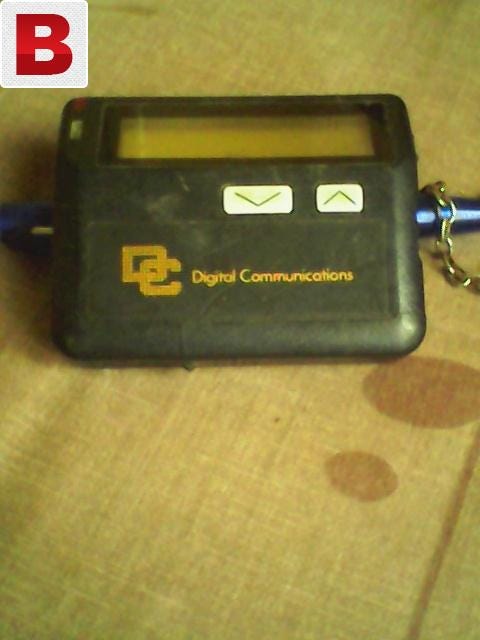Salam and خوش آمدید
Welcome to the second edition of my newsletter Made in Pakistan. If you haven’t read the first edition yet, you can read it here. If you like the newsletter, please recommend it to your friends and do share your feedback by commenting or on Twitter!
The COVID-19 situation
Since a lot is being written / talked / reported about COVID-19, I’m not going to be writing about it much, except if I find something that is Made in Pakistan and truly worth sharing. I did cover about a very interesting open source project in my first edition. Do check it out.
Cool Pakistani Maker to look out for

Badar Kiyani is a Pakistani student studying in the US who runs a Facebook page called Badar’s Workshop where he shows his projects. One of the cool things about his projects is their cleanliness! Most maker projects have wires dangling out, as most Makers are mostly about getting something to work, but very few actually create something that is aesthetically pleasing and Badar definitely does that. You can check his projects out on his Facebook page.
A bit of Pakistani Tech History
One of the main reasons for starting this newsletter was to share some of the most inspiring stories about products and initiatives Made in Pakistan. Many [young] people haven’t heard about a company Digital Communications (DC) that was designing and building hi-tech products like telecom switches and pagers in Pakistan. I’m not saying just designing or just manufacturing, they were doing both from the ground up!

At their peak, they were also building hardware products that were being used all over Pakistan. DC hired some of the best engineers of top Pakistani universities, many of whom founded their own companies, after DC closed, due to the sudden death of its founder. If you’ve been reading about Silicon Valley and its history, you may have read about the Traitorous Eight or the ‘Fairchildren’, the eight men who left Shockley semiconductor to create Fairchild semiconductor 1957. Out of these 8, another 2 later left and founded Intel in 1968. Even though not of the same magnitude or with a similar impact, this Pakistani company which eventually closed down produced many new companies which were started by engineers who left DC. One of them is Systems Engineering (Not to be confused by the software company Systems Ltd) where I did my first job as an embedded software developer. Their products that I also worked on around 15 years ago can now be seen everywhere in Pakistan! Can you guess what it is! Read on!
Cool Products Made in Pakistan

Systems Engineering designs, develops and manufacturers Digital Clocks better known as Salaat Clocks that display Namaz / Jamaat timings. There are many different models, for homes to Masajids to public places. When I was working there, the product was in its infancy and although it was being sold, it wasn’t as successful as today. If you have been to any masjid in Pakistan, chances are you would have seen this product, whether in Lahore, Karachi, Islamabad or the Motorway or even small towns like Kallar Kahar. This clock is present in almost every major city and town in Pakistan. It’s a true Pakistani product that has been successful in the local market and has been improved over time and definitely requires its own story to be told. I still remember how the company faced many difficulties with people trying to copy the product, to grounding issues in the PCBs (Printed Circuit Board), to buggy software (being written by someone like me!) , but despite all these issues, the company’s founder persevered and continued development and I would consider it as one of the most successful Pakistani products being sold today! If you want to order one, please go ahead, take my name, I’m sure you’ll get a discount!
Cool Hack of the Week
Doom on the Raspberry PI (NanoPI)
If you have a Raspberry PI lying around or a NanoPI then there is nothing better than playing Doom on it! Follow the tutorial and enjoy!
Share your feedback on Twitter and don’t forget to share with your friends! Stay safe and see you next week!


